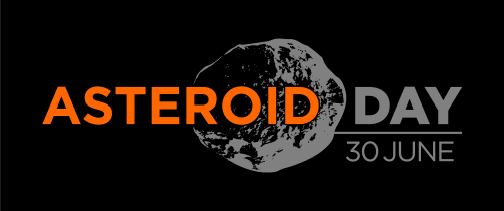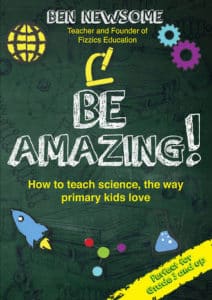
Yes, you read that correctly. There exists an entire day dedicated to the education and awareness of asteroids and what we can do in case one crashes into the Earth! The International Asteroid Day is supported by the United Nations and it falls on the day of the Tunguska Event when a meteorite caused a large explosion in Russia back on June 30, 1908. The force of the explosion was estimated to be about 1000 times that of an atomic bomb, but luckily this happened in a very remote area of the world so there were no known human casualties. This got some people thinking: what are we going to do if this happens again?
“A global day of education to help protect Earth from asteroids.” What an epic tagline!
The International Asteroid Day was the brainchild of a filmmaker, an astronaut and Brian May, the guitarist from rock band Queen. Doesn’t get much cooler than that! They wanted to increase awareness about the hazards of an asteroid impact, and let the general public know what is being done to make sure that we are as prepared as possible for another event. They also hope that the day will get people and organisations on board and improve our overall ability to detect and track near-Earth asteroids.

Astrophysicist AND super famous rock star!
Normally, we think of an asteroid crashing into the Earth leaving behind a big crater on the ground. While it is very unfortunate for anyone or anything that happens to be standing between the asteroid and the ground, that’s not the only damage an asteroid can do. A meteorite coming from space tends to be moving pretty fast, and the bigger its mass, the more momentum and energy it will have. When it crashes into the ground and suddenly comes to a stop, this energy might convert to heat and result in fires in the surrounding area. All the smoke and ash from these fires could make the air pretty nasty for living things, or even block out sunlight. Without sunlight, many plants and animals would not survive! Scientists think that this is how the dinosaurs became extinct.
The official Asteroid Day website will be streaming live for 24 hours on June 30, during which many programmes will be played from organisations and space agencies all around the world; NASA (USA), JAXA (Japan) and ESA (Europe) to name a few. The website is also full of resources created in collaboration with education partners. There are powerpoint presentations you can download and use in a lesson, infographics and videos to show the class, and even activities and quizzes to do with your students! Make asteroid science part of your lesson this week!
Happy teaching,
Jaqueline Kao.
Explore space further with the Fizzics team!
NEW Primary science teaching book!
“Be Amazing! How to teach science, the way primary kids love”



























Comments